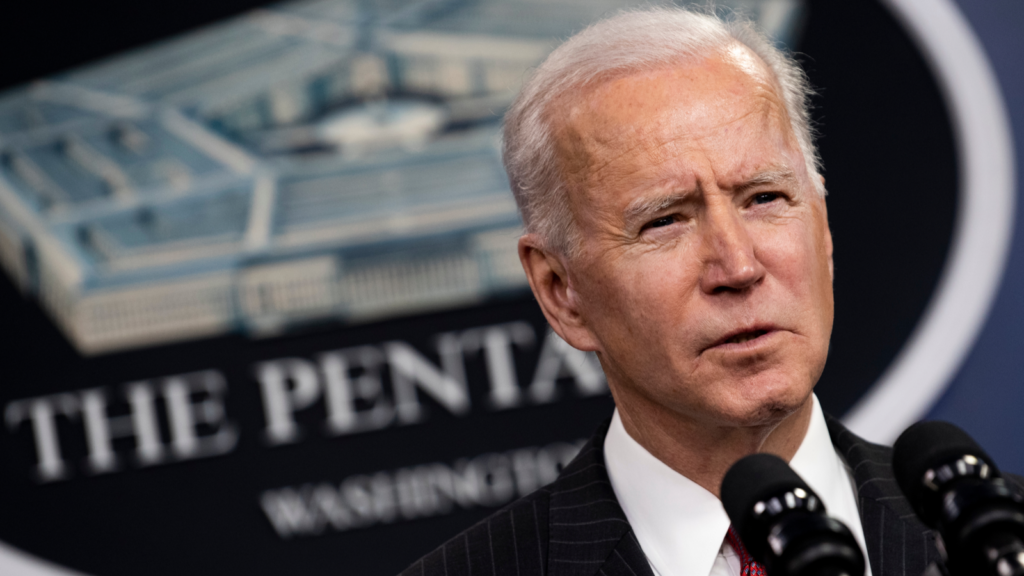
The House Has Finished Voting
on 600 Amendments to the NDAA
Defending Rights and Dissent
(July 19, 2022) — Last week, the House passed the National Defense Authorization Act (NDAA), and voted on over 600 different amendments. We wanted to let you know how the amendments that impact civil liberties fared.
The Tlaib-Omar amendment was our top priority, and would have reformed the Espionage Act to make it much harder to prosecute national security whistleblowers from Ellsberg to Manning to Snowden to Hale (and everyone in between) and would make it impossible to prosecute journalists or publishers like Julian Assange.
This amendment was not allowed to the floor for a vote. You can read more about what happened here.
Although the measure didn’t get a vote, it did get some great press coverage, including this from Hill TV, and this from The Intercept.

But, important amendments to rein in surveillance, limit police militarization, and to reassert Congressional war powers did pass. Here’s what happened to each amendment we advocated for:
Police Militarization
Two amendments addressed how military equipment gets into the hands of local police.
• Johnson-McClintock: prohibits the transfer of military-grade weapons and tactical vehicles and aircraft to federal, tribal, state, and local law enforcement agencies under the 1033 program. WITHDRAWN
- Escobar: creates a publicly available website to track the purchase of military equipment by police under the 1122 program. ADOPTED
Congressional War Powers
Amendments would reassert Congressional war powers and prohibit endless wars.
• Lee-Meeks-Roy: Repeals the 2002 Authorization for Use of Military Force Against Iraq. ADOPTED
- Bowman-Khanna — et al: Prohibits U.S. military presence in Syria without Congressional approval within one year of enactment. REJECTED
- Lee-Meijer-Roy: Expresses a sense of Congress that all AUMFs should include a sunset or require congressional reauthorization. ADOPTED
Surveillance
Two amendments would provide some protection for our data, including location data.
• Jacobs-Davidson: requires DOD to report on whether DOD components are bypassing court orders through purchasing Americans’ internet browsing and phone location data. ADOPTED
- Malinowski-Eshoo-Lofgren-Porter-Khanna #67: Prohibits federal agencies from encouraging the weakening of encryption or insertion of backdoors on commercially-available phones, computers, and devices. ADOPTED
Guantanamo
The Boebert amendment was not voted on. It would have prohibited the use of funds to transfer, release, or assist in the transfer or release of any individual detained at United States Naval Station, Guantanamo Bay, Cuba.
